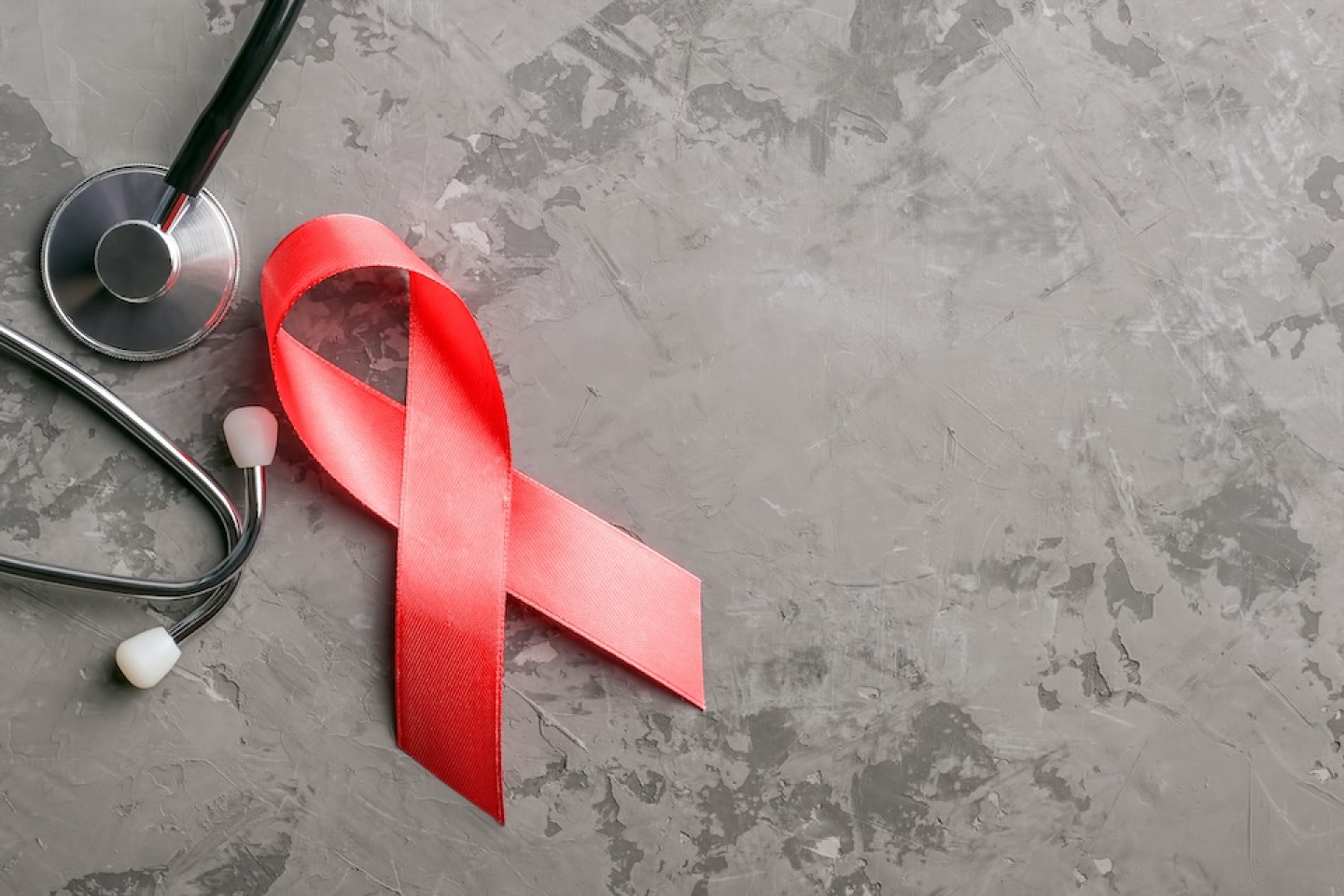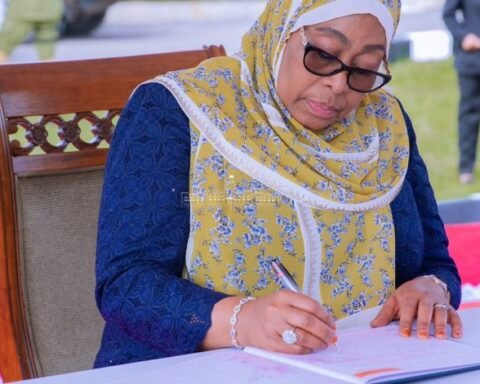Over 23,850 people living with HIV in Tanzania have been diagnosed with advanced stages of the disease, according to recent figures from the Ministry of Health.
These numbers, from July to December 2024, paint a worrying picture of delayed HIV diagnosis and treatment.
Health professionals are sounding the alarm about the rising cases of Advanced HIV Disease (AHD), highlighting a major gap in public awareness about the importance of regular testing. Dr. Sylvester Kwilasa, a programme officer from the National HIV/AIDS, Sexually Transmitted Infections, and Hepatitis Programme (NASHCoP), stressed that many individuals are unaware of their HIV status until they are seriously ill, making it harder to provide effective treatment and increasing the risk of passing the virus to others.
Dr. Kwilasa shared that out of the 47,212 people who underwent CD4 tests, 34,508 also received clinical staging by the World Health Organization. Of those, 9,804 had CD4 counts below 200, and 14,051 were diagnosed with the most advanced stages—three and four—of HIV. He explained, “These statistics show that people often only seek medical help when their condition has worsened significantly, which makes treatment more challenging.”
Dr. Mugisha Nkoronko, President of the Tanzania Medical Association (MAT), echoed these concerns. He explained that late-stage HIV diagnosis not only makes treatment harder but also raises the risk of HIV transmission. “When individuals reach stages three and four, they may unknowingly transmit the virus to others, further fueling the spread,” he said. “This is also closely linked to issues such as stigma, lack of adherence to treatment, and limited access to healthcare services.”
Also Read; AIIB to Invest $1.5 Billion in
Africa’s Energy Sector
Research from rural areas of Tanzania further supports these concerns. A study found that nearly 43 percent of those diagnosed with HIV were already in advanced stages, with 17.7 percent experiencing AHD. In addition, around 60,000 new HIV infections are reported annually among Tanzanians aged 15 and older, suggesting that more needs to be done to address the issue.
Experts are calling for greater awareness about HIV testing and the importance of early diagnosis. The current trend underscores the need for better healthcare access and the removal of stigma around HIV. With more people testing early and seeking treatment, it’s possible to prevent further complications and reduce transmission rates, ultimately helping to curb the spread of the virus in Tanzania.







